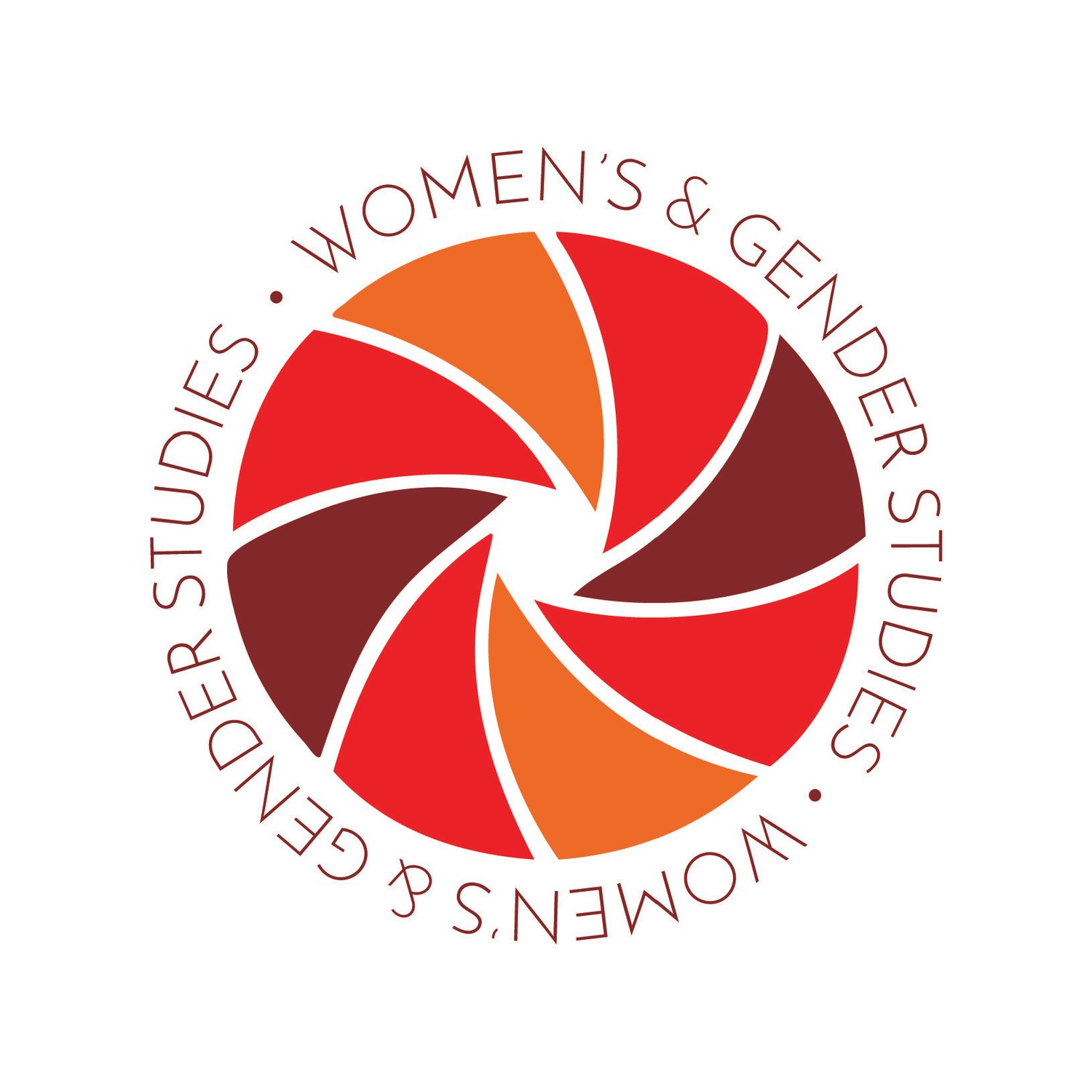Hafsa Arain
Lecturer
Email: Harain@mit.edu
Subjects offered Fall 2025
Hafsa Arain is a Lecturer in the Women’s and Gender Studies program at MIT, where they teach courses on queer and trans studies, feminist thought, media studies, and disability studies. Their research explores the factors that contributed to the emergence and development of queer and trans networks of people assigned female at birth in Karachi, Pakistan’s largest and most diverse city. Looking particularly at queer and trans constructions of history and genealogy, geographies of national and urban belonging, and the introduction of digital community building, Hafsa’s work challenges assumptions about queer globalizations which separate queer identities into either local or global. Prior to joining MIT, Hafsa completed her Ph.D. in sociocultural anthropology from Boston University. They also hold a master’s degree in Islamic studies from Claremont School of Theology, as well as a bachelor’s degree in English literature and religious studies from DePaul University.
-
HASS-H
same subject as CMS.619
Units: 3-0-9
T 7-10pmExamines representations of race, gender, and sexual identity in the media. Considers issues of authorship, spectatorship, and the ways in which various media (film, television, print journalism, advertising) enable, facilitate, and challenge these social constructions in society. Studies the impact of new media and digital media through analysis of gendered and racialized language and embodiment online in blogs and vlogs, avatars, and in the construction of cyberidentities. Provides introduction to feminist approaches to media studies by drawing from work in feminist film theory, cultural studies, gender and politics, and cyberfeminism.
-
HASS-S
same subject as 21A.305
Units: 3-0-9
T/R 1-2:30pmExamines various intersections of health and disability studies within a framework of gender and sexuality studies, critical race theory, geography, decolonized psychology, and cultural studies. Topics vary each year; examples include carceral states, social categorizations of populations, historical and literary studies, and healthcare.
-
HASS-H; CI-M
same subject as 17.007 / 24.137
Units: 3-0-9
T/R 3:30-5pmAnalyzes theories of gender and politics, especially ideologies of gender and their construction; definitions of public and private spheres; gender issues in citizenship, the development of the welfare state, experiences of war and revolution, class formation, and the politics of sexuality. Graduate students are expected to pursue the subject in greater depth through reading and individual research.
Subjects taught in recent years
-
HASS-S
same subject as 21A.111
Units: 3-0-9Cross-cultural case studies introduce students to the anthropological study of the social institutions and symbolic meanings of family, gender, and sexuality. Investigates the different forms families and households take and considers their social, emotional, and economic dynamics. Analyzes how various expectations for, and experiences of, family life are rooted in or challenged by particular conceptions of gender and sexuality. Addresses questions surrounding what it means to be a "man" or a "woman," as well as a family member, in different social contexts.
-
HASS-H
same subject as 21L.482
Units: 3-0-9
T/R 1:00-2:30pm
Develops critical understanding of queer theory through foundational and contemporary texts and other media forms. Examines relationships between queer theory and other social and cultural theories that probe and critique power, privilege, and normativity including critical race theory, transgender studies, feminist theory, and disability theory. Topics may include social movements, queer of color critiques, transnational activisms, and transgender politics


